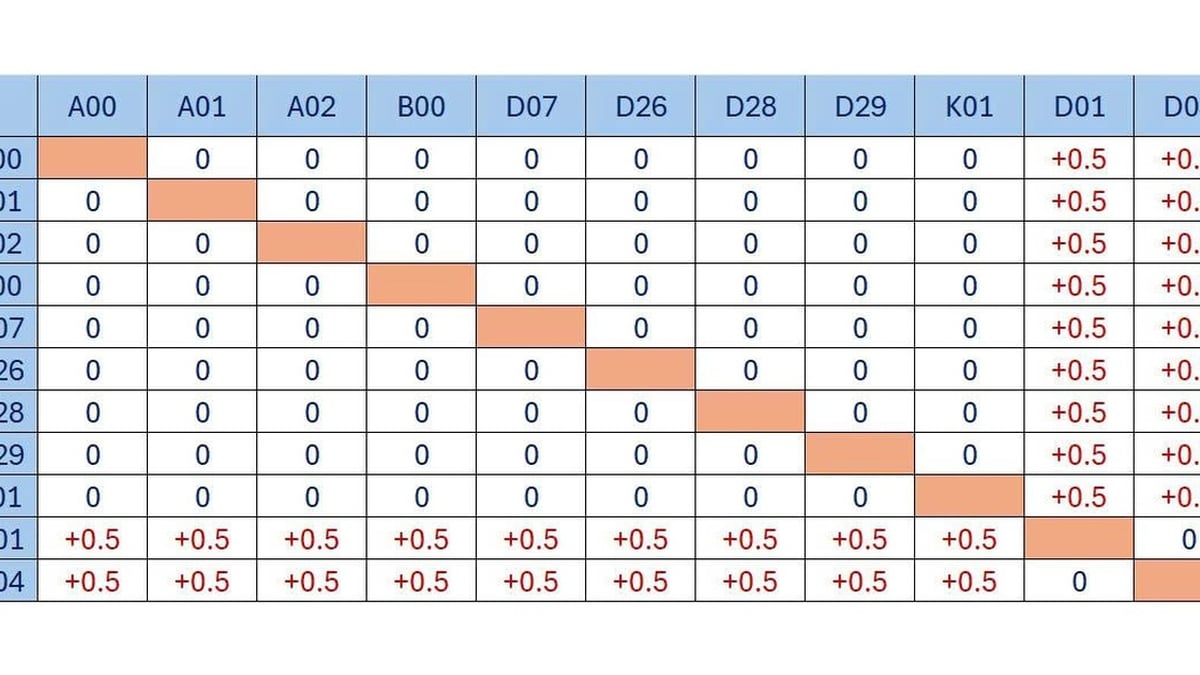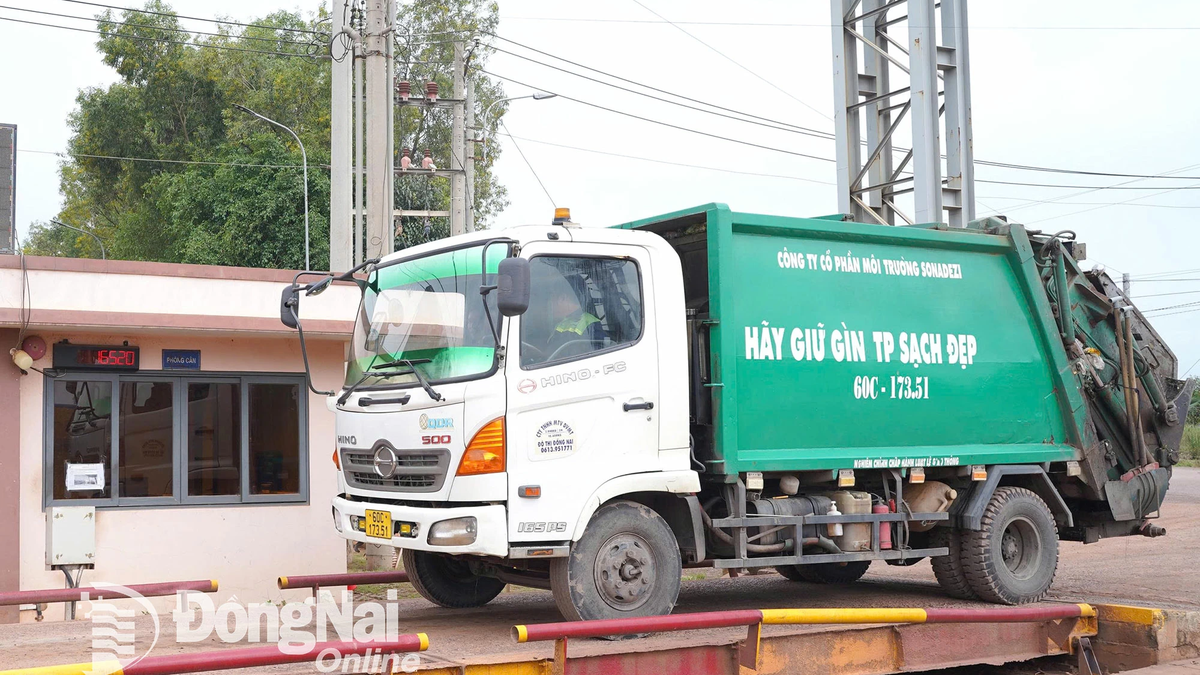Video: Russia launches new military satellite
The Russian Aerospace Forces (RAF) have deployed a new military satellite into orbit, the Defense Ministry said. Military officials said the device was launched into space on a Soyuz-2.1b rocket.
“At 10:03 a.m. on December 27, combat crews of the RAF Space Forces conducted a launch of a Soyuz-2.1b light-class rocket with a space vehicle from the Russian Defense Ministry's state experimental cosmodrome in the Arkhangelsk (Plesetsk) region,” the Defense Ministry said in a statement.
The officials said the rocket's launch and flight to its intended orbit went smoothly, adding that the entire process was monitored by an automated ground control system.
“A stable telemetry link has been established and maintained with the spacecraft,” the ministry added, noting that onboard systems remained operational.
Late last month, the ministry said it had carried out a similar launch, also involving a Soyuz-2.1b rocket, from the same site. In late October, a similar rocket put several other military payloads into orbit.
The exact number of devices deployed, their purpose or capabilities have not been disclosed.
According to the Russian space agency Roscosmos, a total of 67 Soyuz-2.1b launches were carried out between December 27, 2006 and November 25, 2023, with some 577 payloads placed into orbit or beyond during that time.
Meanwhile, at 11:26 a.m. on December 26, China's Long March 3B and Far March 1 rockets were launched from the Xichang Satellite Launch Center in Sichuan Province, southwest of the country, putting the 57th and 58th Beidou navigation satellites into predetermined orbits.
This is the first group of medium-earth orbit navigation satellites launched since the BeiDou-3 global navigation system (BDS-3) officially went into operation on July 31, 2020. To date, China has 48 BeiDou navigation satellites in orbit, including 15 BeiDou-2 satellites and 33 BeiDou-3 satellites.
After being put into orbit and completing the tests, these two satellites will be connected to the Beidou navigation system, to further improve the stability and reliability of the constellation as well as reduce the system's operational risks. Increasing the number of navigation satellites will also help further improve the positioning accuracy and quality of the BDS.
Phuong Anh (Source: RT)
Source























































































![[Infographic] In 2025, 47 products will achieve national OCOP](https://vphoto.vietnam.vn/thumb/402x226/vietnam/resource/IMAGE/2025/7/16/5d672398b0744db3ab920e05db8e5b7d)














Comment (0)